Penguins are a unique family of seabirds. Over the course of evolution, they lost their ability to fly but developed exceptional swimming abilities. Today, there are 18 known species of penguins, all of which live along the coasts and oceans of the Southern Hemisphere. Unfortunately, many of these species are now listed as endangered or vulnerable due to habitat degradation, climate change, overfishing, and pollution.
In this article, we’ll explore the penguin species currently at risk of extinction and what actions we can take to help preserve them.
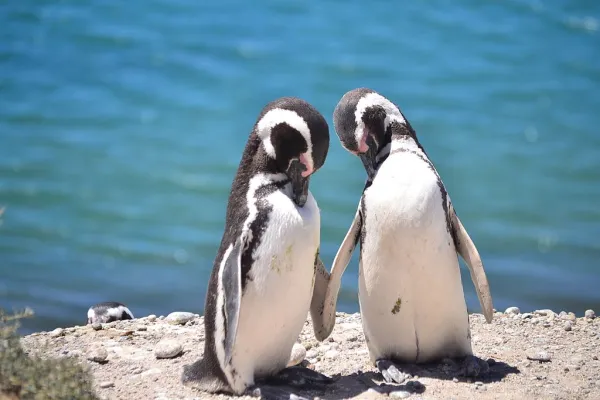
Habitat: Galápagos Islands, Ecuador
Conservation Status: Critically Endangered (CR)
Main Threats: Habitat loss, illegal hunting, climate change (especially El Niño events)
The Galápagos penguin is the only penguin species found north of the equator and one of the smallest penguins in the world. Its limited range makes it extremely vulnerable to environmental changes.
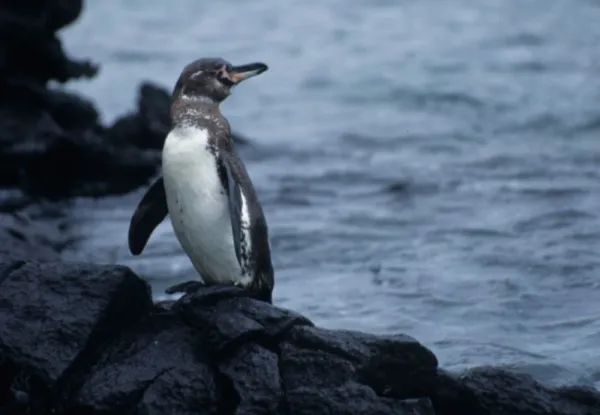
Habitat: Coastal South Africa and Namibia
Conservation Status: Endangered (EN)
Main Threats: Overfishing, oil spills, habitat destruction
Also known as the Cape or jackass penguin, this is the only penguin species native to Africa. Without urgent conservation actions, it is projected to face extinction in the near future.
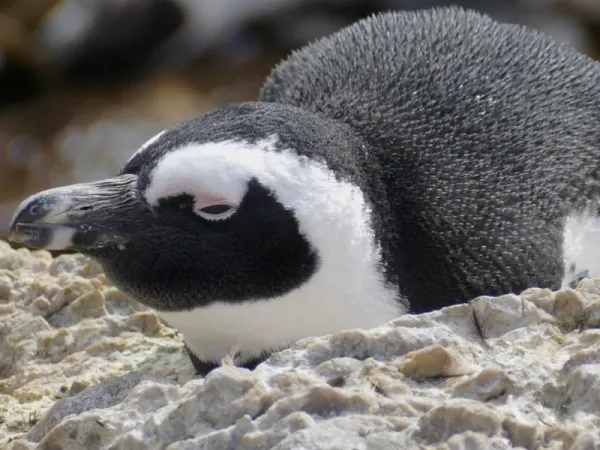
Habitat: Southern coasts of Argentina and Chile; migrates to Uruguay and Brazil during winter
Conservation Status: Near Threatened (NT)
Main Threats: Oil pollution, habitat disruption, bycatch in fisheries
Although not officially endangered, the Magellanic penguin’s population is declining, making conservation efforts essential.
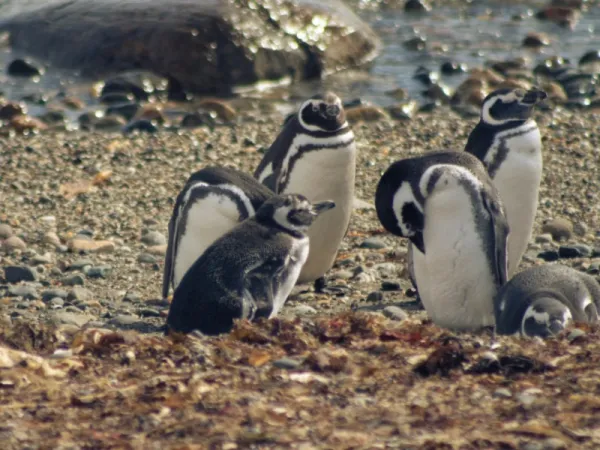
Habitat: Coasts of Peru and Chile, primarily in the Humboldt Current region
Conservation Status: Vulnerable (VU)
Main Threats: Habitat loss, hunting, climate change
These penguins are sometimes illegally captured for consumption, contributing to their vulnerable status.
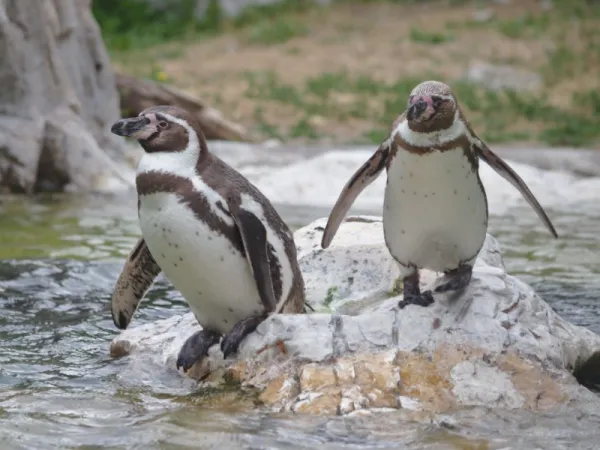
Habitat: South Georgia, South Sandwich Islands, and other sub-Antarctic islands
Conservation Status: Vulnerable (VU)
Distinctive Trait: Bright orange-yellow crest feathers
Their habitat is increasingly affected by global warming and overfishing, which impacts their food supply.
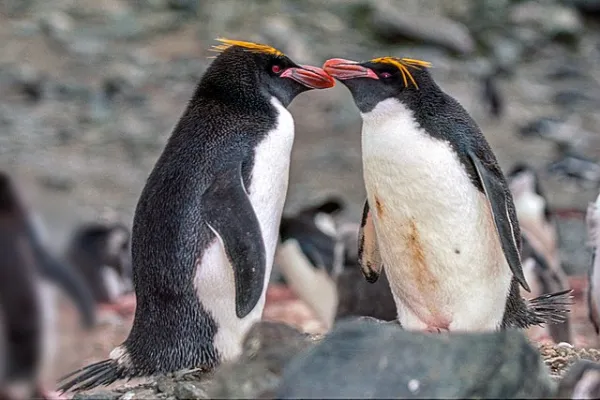
Habitat: Sub-Antarctic islands of New Zealand
Conservation Status: Endangered (EN)
Main Threats: Climate change, invasive predators
Also known as Sclater’s penguin, it is recognizable by the pair of yellow crests above its eyes and is seen only in very limited locations.
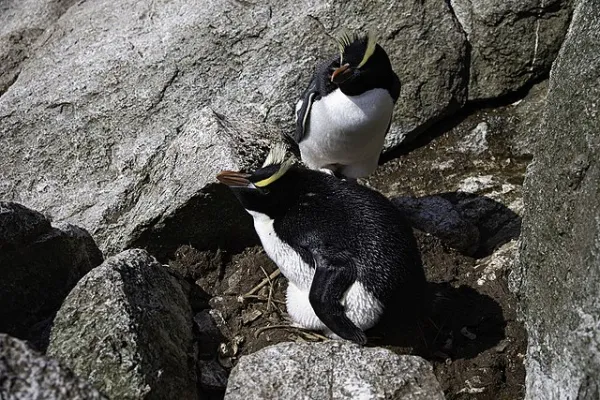
Habitat: Tristan da Cunha and Gough Islands
Conservation Status: Endangered (EN)
Main Threats: Pollution, climate change, industrial fishing
Similar in appearance to other crested penguins but with a smaller and more isolated population.
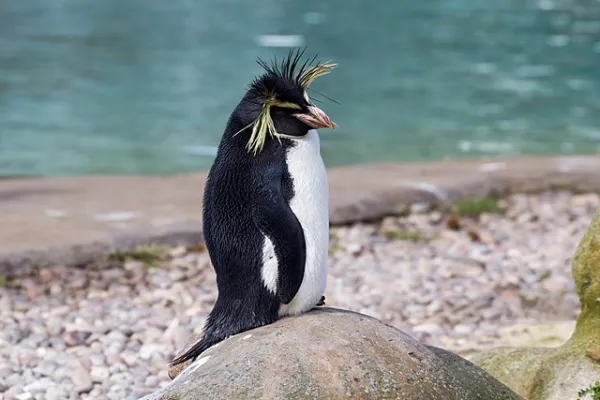
Habitat: Snares Islands, south of New Zealand
Conservation Status: Vulnerable (VU)
Distinctive Trait: White eyebrow stripe
This species is sensitive to environmental disturbances and limited in geographic range.
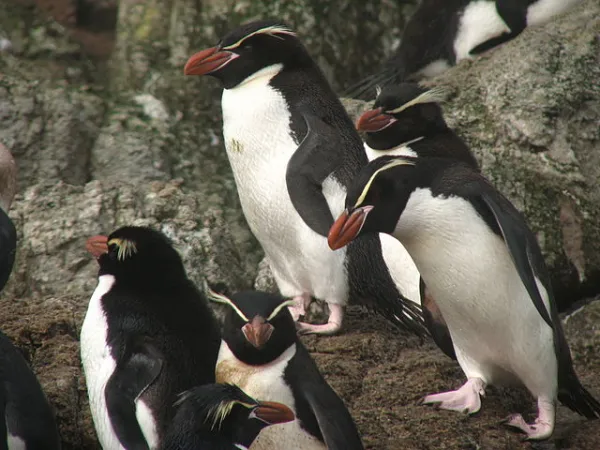
Habitat: Divided into two subspecies:
E. chrysocome chrysocome: southern Chile and Argentina
E. chrysocome filholi: sub-Antarctic islands including Crozet, Kerguelen, Macquarie, Campbell, and Antipodes
Conservation Status: Vulnerable (VU)
Distinctive Trait: Yellow feather crest extending from the eyes backward
This is the smallest of the crested penguins and has seen a steady population decline over recent decades.
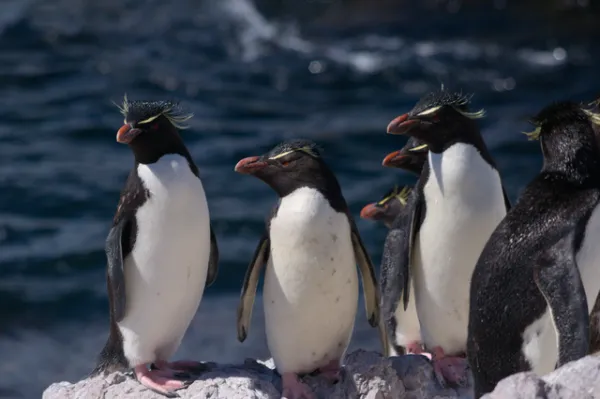
Habitat: Southeastern coast of New Zealand, including Stewart Island
Conservation Status: Endangered (EN)
Estimated Population: 2,600 to 3,000 individuals in the wild
This species is named for its vivid yellow eyes and is considered one of the rarest penguins on Earth.
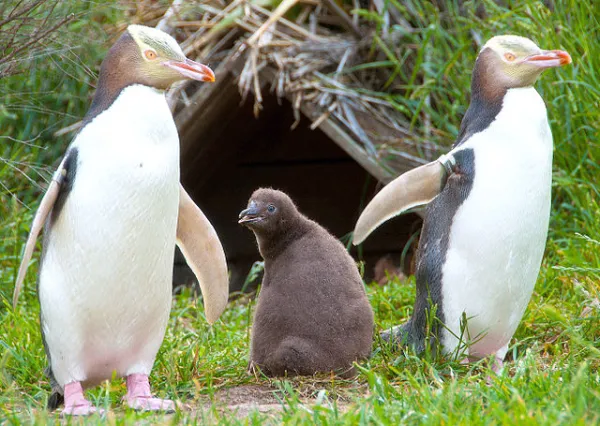
Penguins are threatened primarily by climate change, pollution, overfishing, and poorly managed industrial activities. Fortunately, we can all make a difference:
Avoid single-use plastics.
Use biodegradable products and properly dispose of waste.
Support beach and ocean clean-up initiatives.
Industrial meat and fishing industries are major contributors to global warming.
A plant-rich diet helps reduce demand for overfishing and protects penguin food sources.
Fewer penguins will be hunted or affected by commercial fisheries.
Penguins are more than just symbols of the polar world—they’re vital indicators of marine ecosystem health. Understanding which penguins are endangered helps raise awareness and encourages action. Together, we can help ensure that these remarkable birds continue to thrive for generations to come.
animal tags: Endangered Penguin
We created this article in conjunction with AI technology, then made sure it was fact-checked and edited by a Animals Top editor.